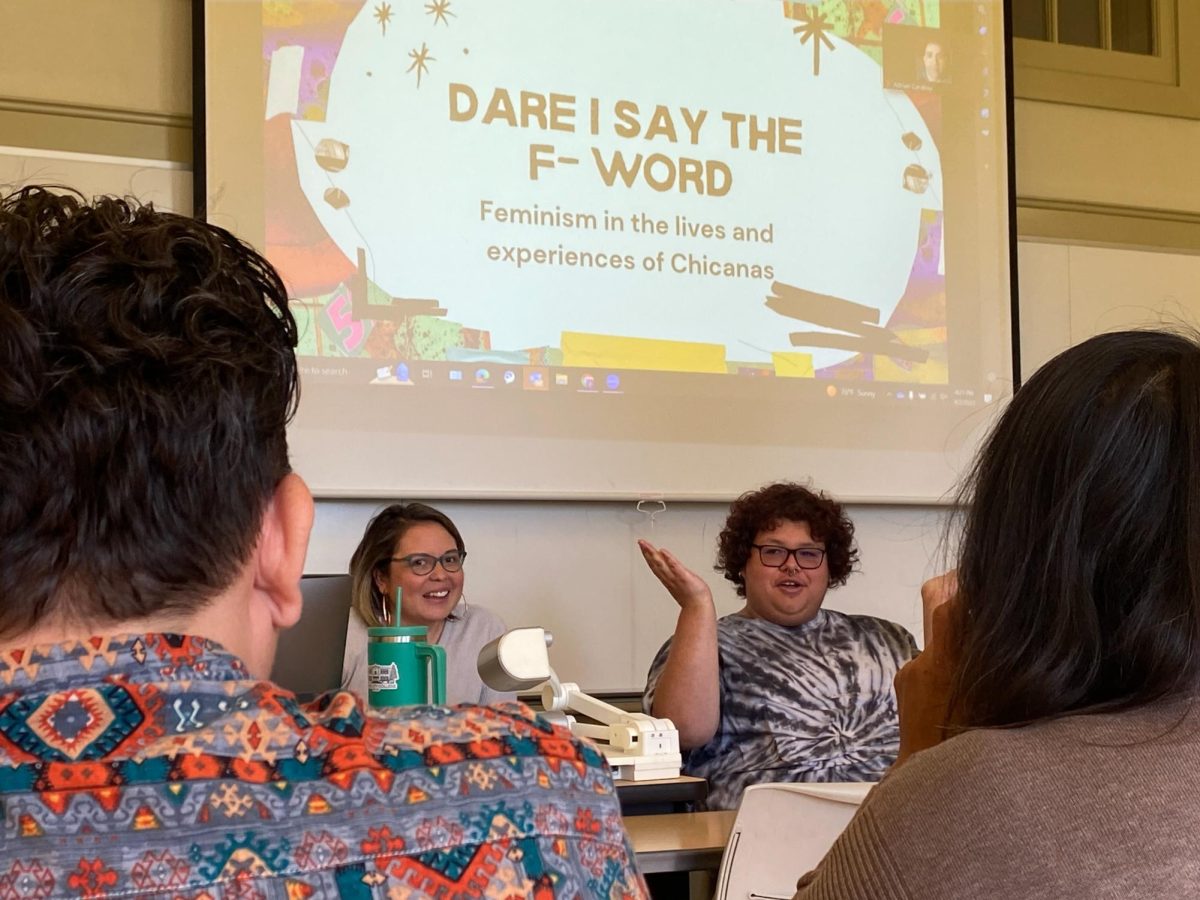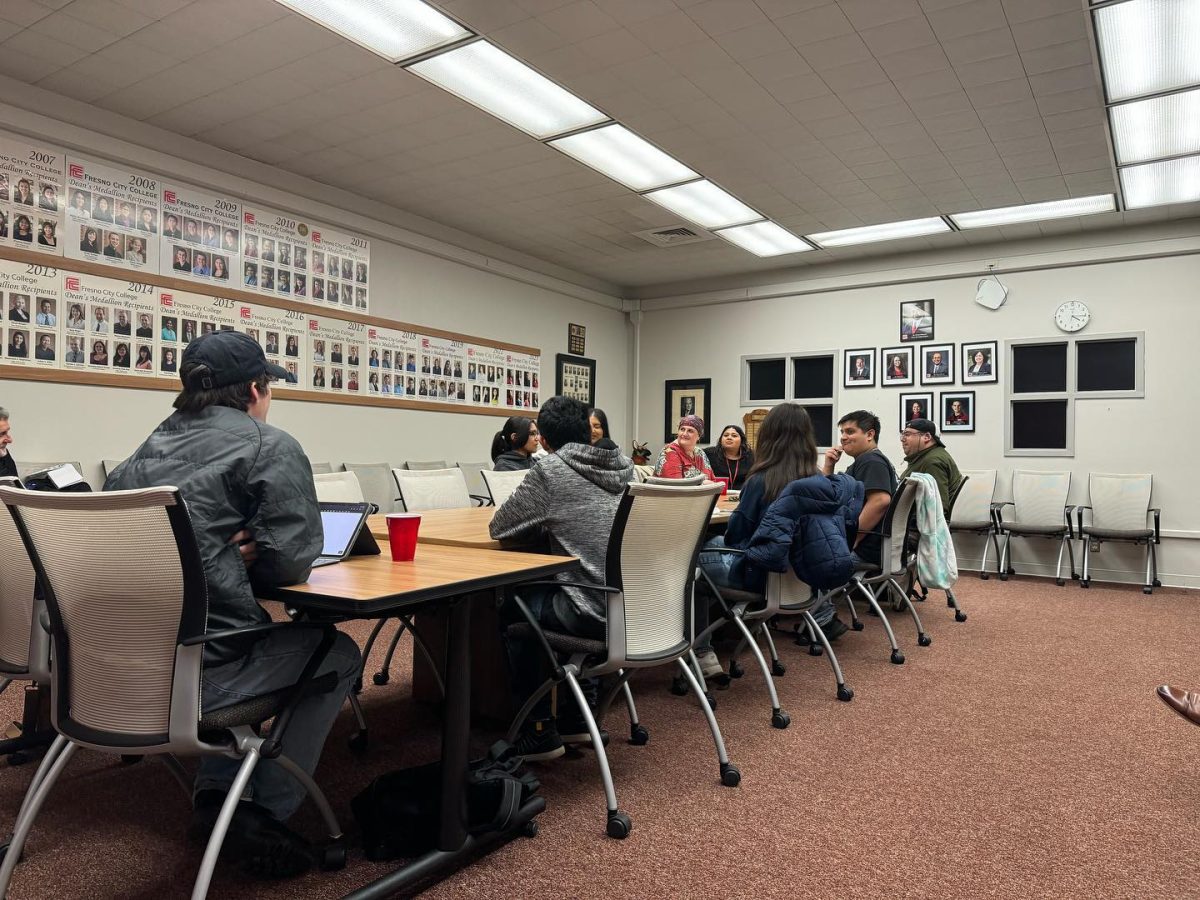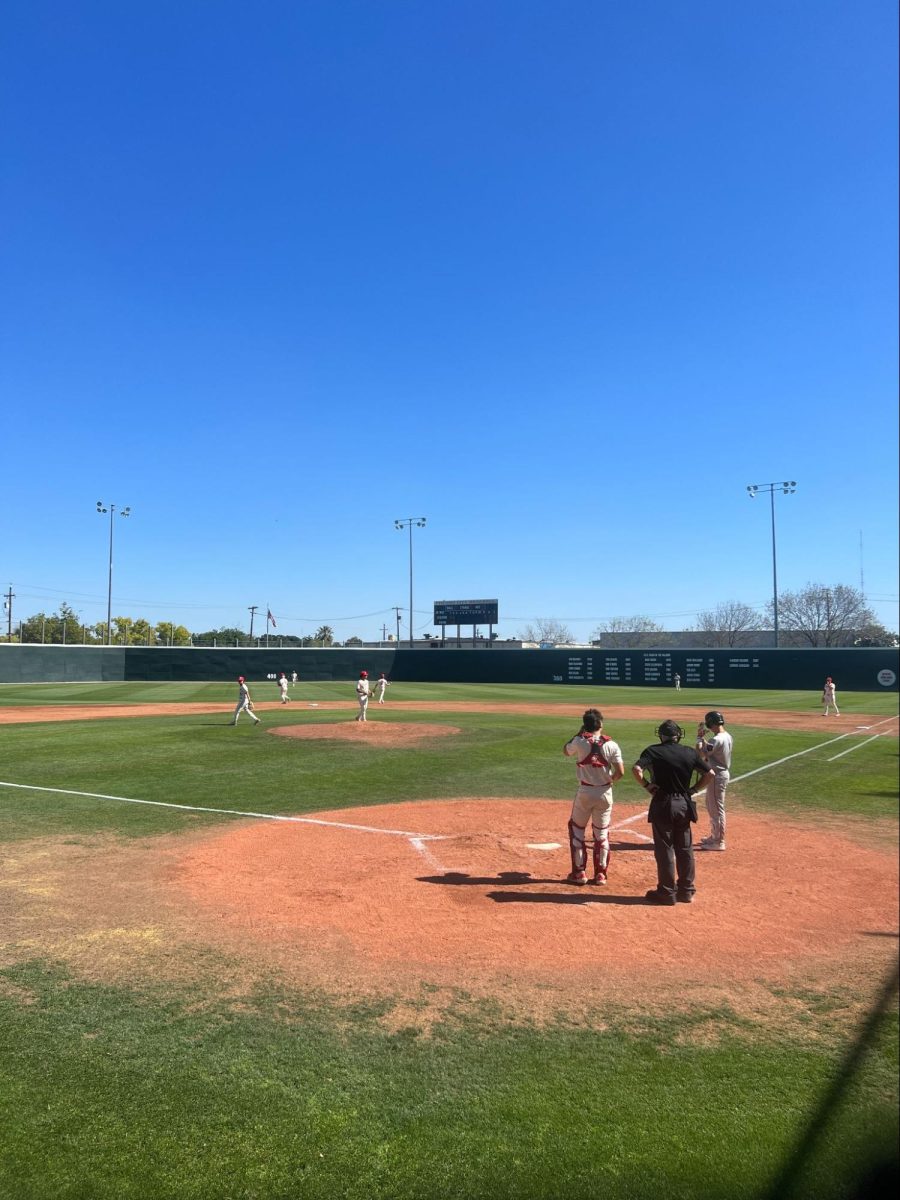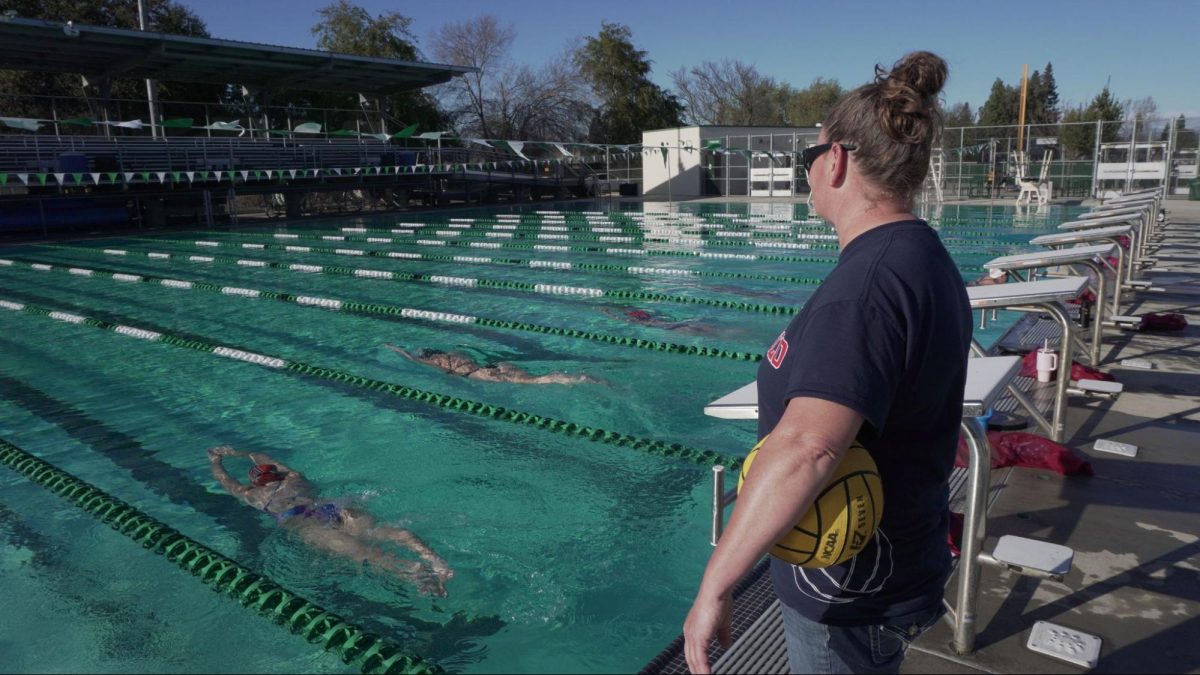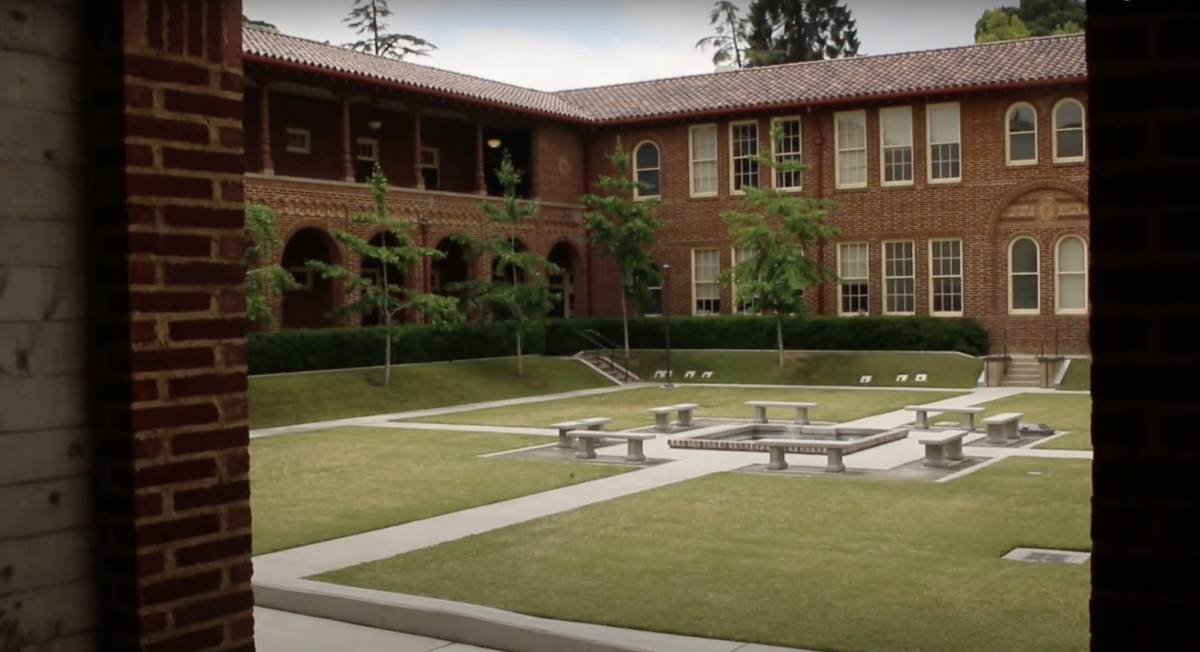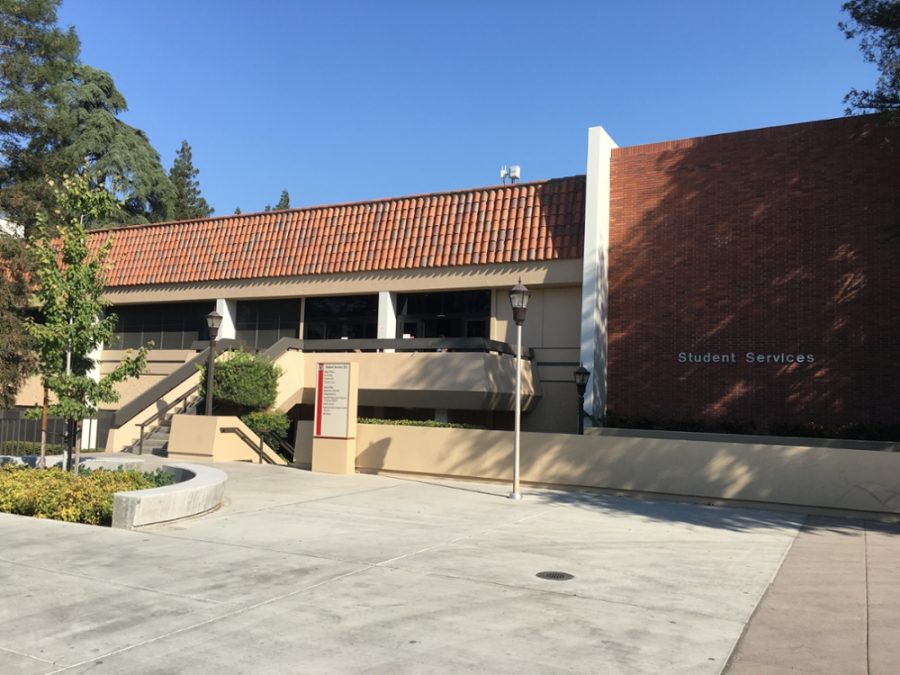It is a far too common story – the star college athlete, whose name is recognizable all over the country, graduates from college with a bachelor’s degree but can’t read.
In an effort to improve academic performance of athletes and balance athletics with academics, the California Community College Athletics Association has made changes to existing rules, effective July 1, 2013.
The new rules regulate how much time coaches can meet with their teams as well as the nature of physical training that can go on during the offseason. Athletic coaches can only meet with their team for a maximum of 175 hours and no more than 12 hours per week during the offseason, according to the new rule.
“We sometimes forget we are at a community college and our challenge is to get these student-athletes into a mindset that getting a degree will have long lasting benefits throughout their life,” said Brian Tessler, Fresno City College’s women’s basketball coach.
The intent of the new legislation, as described in the 2012-2013 CCCAA Final Legislation Report, is to standardize the number of hours that CCCAA student athletes are allowed to participate in countable athletically related activities outside of the traditional season of sport.
This new regulation is expected to benefit students and athletic programs. Presently, coaches can only meet with their team in the confines of a class during the offseason. This has meant that student-athletes who did not have a team class with their coaches could not meet with their coaches during
the offseason. It also meant that colleges sought ways to sidestep the rule.
“Some colleges would make all kinds of classes so they can legally meet with their team,” said Susan Yates, athletic director at FCC. “Some would meet so much, students couldn’t possibly have enough time to study while taking the units they need in their other courses. And the students would end up with a lot of [physical education] units that they don’t need.”
Under the present rule, reduction of summer classes at some schools also meant that coaches are unable to meet with athletes during the summer, creating a “disparity in a student athlete’s opportunity to participate in these needed activities because they are solely dependent upon an institution’s ability to offer these classes,” according to the legislation.
Under the new legislation, inequities will be erased. Teams can meet with their coaches outside of the confines of a class, but they cannot exceed the maximum number of hours allowed.
The legislation further states that classes designed as offseason conditioning or skill development for intercollegiate athletics, which are conducted outside of the normal season of competition, must be credit courses and the class must be listed in the current college catalog. Additionally, no intercollegiate competition is allowed, including field trips.
The athletic activities that count towards the hours permitted include meetings and instruction with more than one student athlete which is supervised by any employee or representative of the college. Other countable athletically related activities also include field or floor activities, chalk talks, lectures, demonstrations and showing of game training films.
Administrative activities such as compliance meetings and academic meetings including but not limited to study halls and tutorials are not considered as countable athletically related activities.
Yates says the new legislation will bring more work for coaches as they have to monitor their hours more, but that it will work out in the end.
“You’re measuring each athlete, each sport, each year,” said Yates. “But the whole basis is to make sure we are educating and bringing the best of the athletes with the best academics.”
As with all legislation in the CCCAA, this new rule went through the constitution committee, the policy committee and the competition committee before it was approved on March 28. The process took about a year and a half.
Tessler says the policy is not a problem because it’s in the best interest of the student athletes and eliminates the need for some coaches to cheat by going over the allowed hours.
“The desire to cheat is much greater at the Division I level because of the outside pressure to win,” Tessler said. “As coaches, we have to remember these are students first.”




